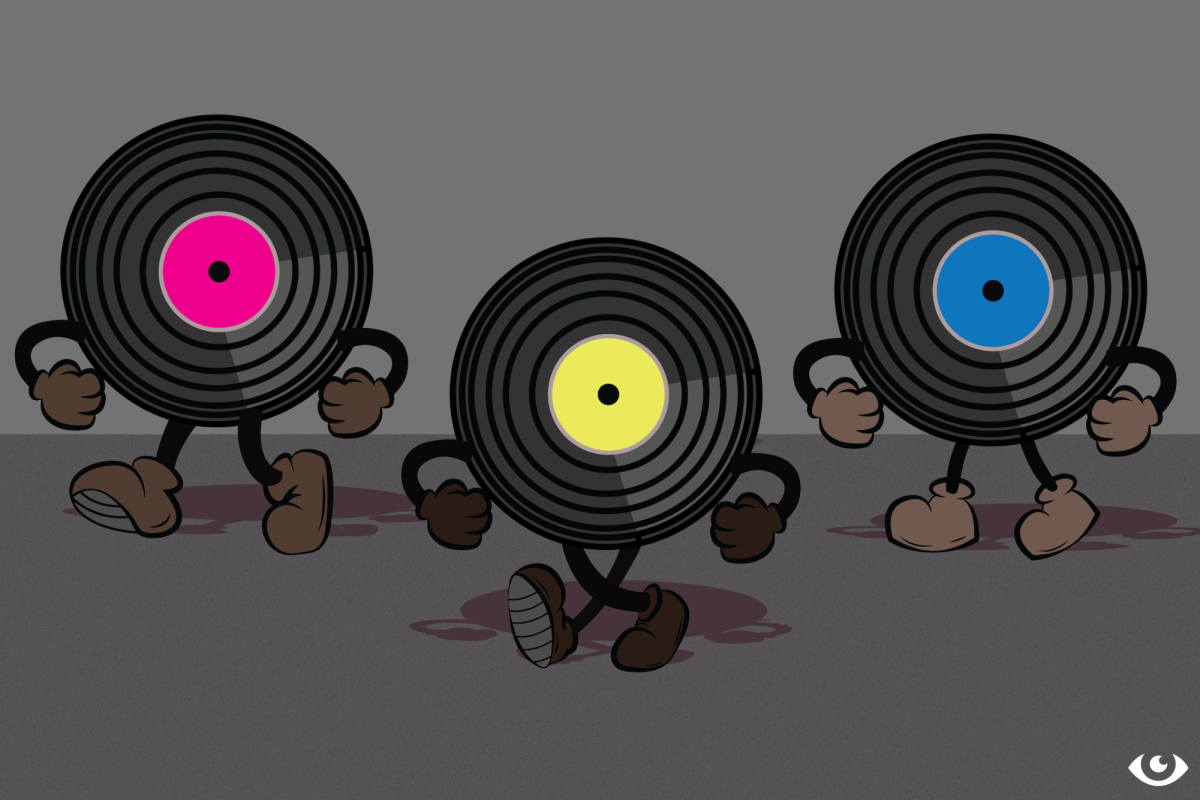Many consider Louisville as an important battlefield in the fight for civil rights, partially due to its status as the birthplace of legendary boxer and activist Muhammad Ali, but there were many other activists from Louisville who changed the course of the Civil Rights Movement, 85 years before Rosa Parks refused to move from her seat on that Montgomery bus.
Desegregation efforts in Louisville have been led by some of the most determined and courageous people in the state. For example, Mary Victoria Smith spent 2 years suing the Louisville City Railway Co. after she and her 6-year-old stepson were refused service and removed from a streetcar owned by the company on May 8, 1870. On October 11, 1872 the Smiths won their suit and were awarded only a penny in damages. As a result of their victory, the Smiths won the right for all black Louisvillians to sit anywhere on a streetcar.
The Smiths weren’t alone in the courthouse. Their many supporters were spread out across the country, and some even held positions of relative power. One was US Senator Hiram R. Revels of Mississippi, the first black Senator and a former Louisville minister from before the Civil War. Other allies included the entire black community of Louisville, including those who had helped orchestrate the events of May 8, 1870. What transpired that day was not coincidence, but the result of another ‘Freedom Ride,’ organized through the historic Quinn Chapel A.M.E. on Walnut Street to protest Louisville’s streetcar segregation policies, which made Louisville the only city in America to not allow black men to ride on desegregated trolleys. Black women were allowed to ride, but were usually confined to the back of the trolley.
Another Freedom Ride that occurred in 1870, months after Smith’s, received a little more attention, in part due to the literal large mass of people behind it. On October 30, Robert Fox, an elderly mortician, his brother Samuel and their employee Horace Pearce walked out of Quinn Chapel to the corner of Tenth and Walnut, boarded a Central Passenger Line trolley, paid their fares and sat down, watched by the crowd of over 200 black demonstrators. The white trolley driver refused to leave, and after exchanging words with Fox, he called other drivers over. They beat the three men, calling them racist slurs, and threw them off the trolley. The formerly peaceful crowd, enraged at this abusive treatment, threw mud at the drivers and threatened them as the trio boarded again, now armed with rocks to defend themselves. The line’s superintendent arrived, intent on bargaining with the men for them to leave. They declined offers of a fare refund but complied with the police officers who arrived shortly after, who charged them with disorderly conduct, arrested them and jailed them.
Their trial began the next day. Defended by the white lawyer Col. John H. Ward, the Fox brothers and Pearce argued that the disorderly conduct charge was invalid, and that the real crime was that they had been denied trolley service based solely on their skin color. The judge didn’t see it that way, and the men were fined $5.
One week later, Robert Fox filed the case of Fox v. Central Passenger Railroad Co. with the US district court in Louisville. That winter, many people, of many different races, boycotted trolleys around the city as they awaited the court’s ruling. On May 11, 1871, the court reached its verdict; Central Passenger Railroad Co. lost, and Fox was awarded $15. With the court’s ruling, black Americans’ rights to equality were being validated. However, not all Louisvillians were willing to recognize the court’s ruling. Louisville still had a long way to go before desegregation of the trolley system was widely accepted.






